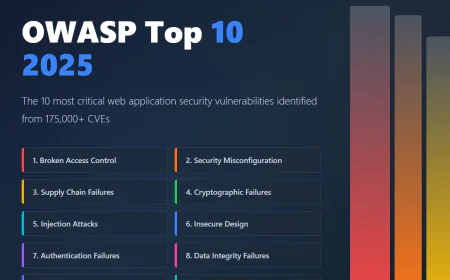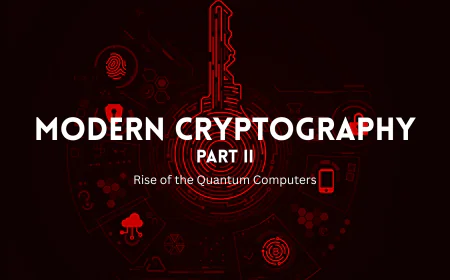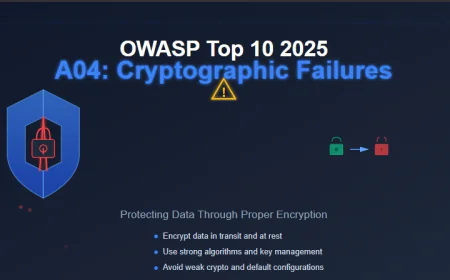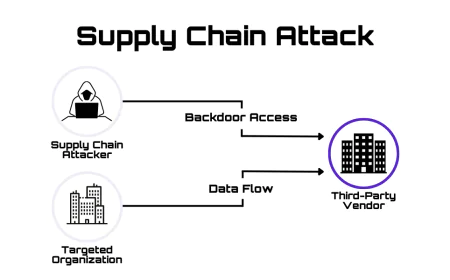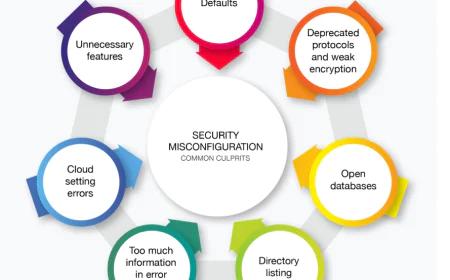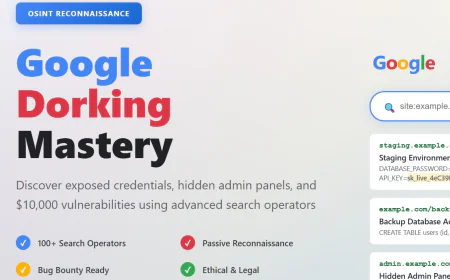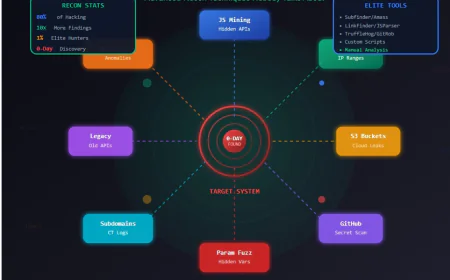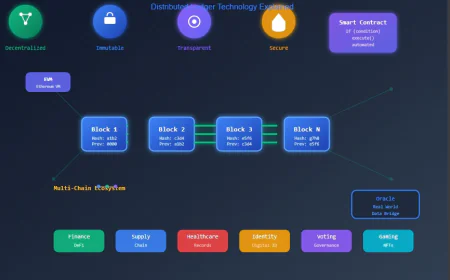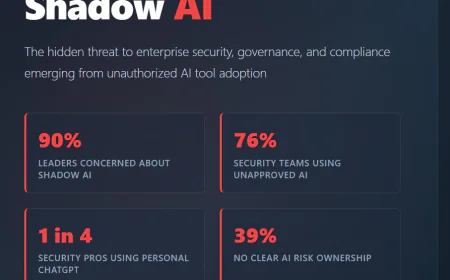The Psychology of Hacking: Why People Still Fall for Scams
The psychology of hacking and scams boils down to exploiting human emotions, trust, and cognitive biases. Scammers use urgency, fear, and authority to trick people into quick, irrational decisions. Even smart people fall victim because these tactics manipulate universal mental shortcuts and emotions. Understanding this helps build awareness and better defenses against cyber deception.

The psychology of hacking and reasons why people fall for scams are deeply layered in human cognitive and emotional weaknesses. This blog will in-depth discuss the psychology behind the principles that cybercriminals use to trick even the most intelligent, careful human beings. Understanding these variables is important to enhance resilience and to create defenses beyond technology.
Introduction: The human mind and cybersecurity
Cybersecurity is seen as a technical problem about codes, firewalls, and encryption. However, the human mind is at its core, both as an attack target, and as a defender. Cybercriminals are not just techy people who code malware, they are great manipulators who use psychological factors to break through defenses. Hacking is always the use of mental shortcuts, feelings, and biases that helps determine our behavior in the online world. To avoid these impacts to help the explanation of the human domain, see ways to address this category of risk. It's the human problem that is the first barrier to prevention.

What Makes People Vulnerable to Scams?
Optimism Bias and Illusion of Invulnerability
Optimism bias is one fundamental psychological characteristic commonly manipulated by scams and scammers. The idea behind optimism bias is that a person believes that bad things are less likely to happen to them than to other people. An illusion of invulnerability is created that can, in turn, lead us to underestimate the actual odds of being scammed. So when we encounter a suspicious email or telephone call, we may ignore the warning signs that we need to be wary, and think, "This can't happen to me. I've never been scammed."
Cognitive Biases and Mental Shortcuts
Humans use cognitive biases and mental shortcuts to make complex decisions in our daily lives simplistically and effectively. Some of those biases that play a role in scams are:
Authority Bias: People tend to follow and trust people or institutions that they perceive as authoritative (say a bank or a government agency).
Social Proof: If someone else appears to trust a message or product, we are more likely to also trust the message or product.
Confirmation Bias: People tend to prefer information that is supportive of their pre-cognition of being scammed or topical bias.
Scarcity and Urgency: If a message is timebound or an urgent scenario warrants a fast decision that may bypass rational thought.
Scammers prey upon these cognitive biases to develop messages that even feel legitimate and often time urgent, which creates an urgency for victims to act before we have a chance to think about it.
Emotional Manipulation: Fear, Greed, and Curiosity
The emotions we experience greatly influence our decision-making process. Scammers leverage fear as a particularly strong weapon, for example, in phishing scenarios, an email that threatens to suspend an account or indicates a forfeiture may be enough to create such stress that a victim acts impulsively by providing sensitive information to avoid the imagined consequences. Greed and curiosity can lure the victim with an expensive offer or some type of content that seems interesting. By invoking strong emotional triggers, scammers are able to bypass the logical function of the brain and elicit reflexive responses.

Sensory Overload and Hijacking
In addition, scams also involve some form of sensory hijacking in which the victim is inundated with messages of urgency, threats, or appeals. This immersive experience creates a fight, flight, freeze, or fawn response where the degree of personal threat associated with any of these responses diminishes the function of the prefrontal cortex responsible for logical thought and decision making. Once the victim is overwhelmed by the experience, he/she is less likely to employ any critical thinking into a personally threatening situation and at this point, are more likely to comply.
Why Smart People Get Duped
Falling victim to scams is not just a problem for the unsuspecting and the gullible, but also for many smart, tech-savvy people. Scammers use sophisticated psychological strategies to rob people of money. Here are a few of the psychological strategies in play:
1. Overconfidence: If you believe you cannot be deceived, your vigilance will fall.
2. Customization of Scams: Scams are increasingly customized, taking advantage of specific psychological and contextual weaknesses.
3. Emotions: Irrespective of a person's intelligence, emotions—fear, excitement or urgency—will trigger non-rational responses.
4. Stress and Fatigue: It is known that stress is morally disorganizing. When stressed or fatigued, people—intelligent or not—are at risk to follow-up behaviors.
Recognizing and explaining that anyone can be a loser helps to destigmatize some dangerous myths and maintains awareness for the need to be vigilant at all times.
The Perspective of the Scammer
If potential victims understand how criminals think and act, they may prepare themselves accordingly. More often than not, the scammer can be thought of as a risk-taker who:
1. Searching for vulnerabilities and taking risks in other people's lives or the organization they operate.
2. Demonstrates moral disengagement. Cybercriminals don't feel guilt or shame as it feels as though they are separate, psychologically, from the victims.
3. Has a variety of manipulation techniques to utilize against victims. They can exploit the ordinary or typical tendencies of a human brain to manipulate a victim—good cop/bad cop, or impersonate an authority figure.
While the scams can be described in multiple ways—from romance scams to legitimate financial scams—it is clear that a scammer adapts their strategy to the psychological profile different individuals have.
The Function of Social Engineering
Social engineering is using the art of persuasion to convince people to disclose confidential information. Effective social engineering takes advantage of psychological tendencies:
- Acting as a known authority and using it to gain compliance from the victim.
- Exploiting the innate desire to help others, or at least socialize with others.
- Establishing credible storylines that reduce suspicion.
- Taking advantage of social proof and perceived authority to get the victim to act quickly.
Manipulating human beings is still the weakest link in the defense against cyber threats.
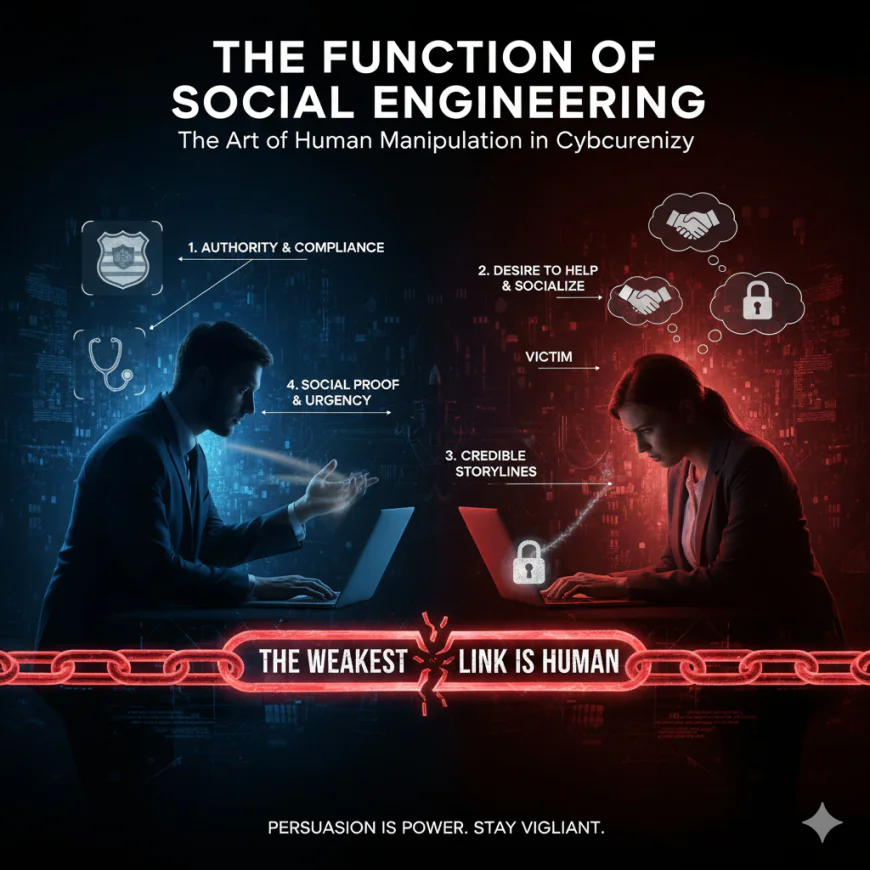
Methods of Achieving Psychological Resilience Against Scams
- Fighting scams involves more than technical means; it involves psychological resistance and awareness.
- Cognitive Bias Educating: When you educate people about common heuristics, and how they are used against them, you promote critical thought.
- Stress Reduction: Reducing stress and promoting thoughtful responses can reduce impulsivity.
- Skepticism and Verification: Encouraging skepticism of unsolicited communications and suggesting verification before acting will help lessen impulsivity with authority and/or urgency.
- Encouraging Open Conversations: Creating space for scam victims to talk about their experience in a shame-free space promotes awareness and learning to prevent future scams.
- Simulated Training: Phishing simulations can build cognizance skills (the ability to recognize suspicious communications) by exposing people to scenarios without real-world consequences.
Training on cybersecurity should apply as much psyche to its design and framework as it does with its technical means.
Conclusion: The Psychology of Human Beings is the Most Important Front
Scams and hacking attempts mostly succeed due to the relationship between human psychology and cyber deception. While technology is continually improving to protect digital assets, the human mind remains the most targeted exploitable weakness. Scammers take advantage of our natural optimism, trusting nature, emotions, and cognitive shortcuts. Understanding the psychology of scams prepares us, whether as individuals or organizations, to better protect ourselves from these scams by increasing awareness, emotional self-control, and critical thinking skills.
Understanding human psychology in hacking is not only about stopping attackers; it’s about reinforcing the most unpredictable, yet valuable part of cyber security: the human component.
This presentation of why people still fall for scams suggests understanding the brain is just as important as defending the network—this thirty thousand-foot approach is necessary in our modern digital world.
